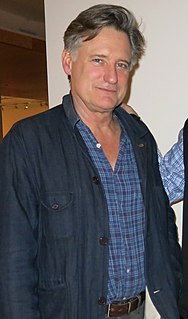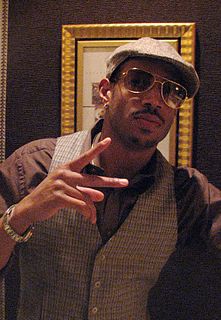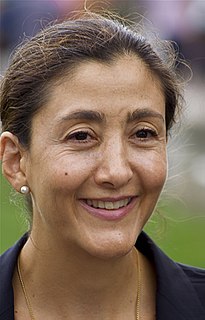A Quote by Bill Pullman
It's astounding to me that in a country where there is an ever-growing divide between rich and poor, that people won't accept the need for regulation on banks and salaries and so on.
Related Quotes
The growing gap between rich and poor, the seeming lack of concern for the health and well-being of ordinary people, the obscene salaries made by CEOs who are increasing profits by moving their plants to places where labor is cheap - that's where the problem is, not in schools, colleges and universities.
I don't want there to be this separation between the rich and poor. I may be part of the three percent because I've been fortunate and done well for myself, but I will never forget about the 97 percent. That was me growing up. I was so poor I dreamt about being just 'regular poor,' not 'poor, poor.'
A nation as such does not give aid to another nation. More precisely, the common citizens of our country, through their taxes, give to the privileged elites of another country. As someone once said: foreign aid is when the poor people of a rich country give money to the rich people of a poor country.
Both rich and poor nations have a common stake in policies that put the globe on a sustainable development path. The conflict is less between poor and rich countries than between the broad interests of people and the narrow interests of extractive industries. We need to find our way towards some kind of global regime that reduces emissions of the greenhouse gases, but well-off nations need to transfer the technology to make this possible, rather than viewing this shift as one more opportunity for private industry to profit.




































